
What actually is the EU?
How often do you hear people talk about the European Union (EU)? For any of us living in Britain, the odds are the answer is “bloody often”. Ever since the UK voted to Leave the EU in June 2016, the EU has been a top go-to topic for our politicians, newspapers, and political arguments down the pub.
But how much do we actually all know about it?
After the Brexit referendum, “what is the EU?” was the second most-popular Google search in the UK. Two years later, 44 percent of Brits say they still don’t know what being a citizen of the EU actually means.
So, for all of us who still don’t know our Schengen from our saucisson, or don’t want to admit that we thought the EEA was just a new type of party drug, here’s the lowdown on what the EU actually is.
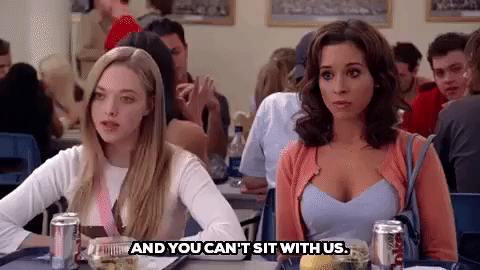
The EU is a club of countries:
The EU is an “economic and political union” of 28 countries and 500 million people. In terms of GDP, it is the biggest economy in the world. GDP is the value of all the stuff a place produces. Lots of people think it’s a rubbish way of measuring economies, but it still tends to be used as the global shorthand for wealth.
The EU is not a country but it sometimes acts like one: it has an annual budget, an elected parliament, a bunch of laws, a central bank, and a high court. In some ways is a bit like the USA (and in other ways definitely not).

Who’s in the EU?
Ready? *deep breath* Austria, Belgium, Bulgaria, Croatia, Republic of Cyprus, Czech Republic, Denmark, Estonia, Finland, France, Germany, Greece, Hungary, Ireland, Italy, Latvia, Lithuania, Luxembourg, Malta, Netherlands, Poland, Portugal, Romania, Slovakia, Slovenia, Spain, Sweden and (for now) the UK.
There are also some wannabe members waiting in the wings: Turkey, Macedonia, Montenegro, Albania and Serbia. The EU won’t let them join until they pinky-promise to sign up to the EU’s values. Basically, the EU says it’ll only accept members once it’s satisfied they always respect human rights and the rule of law. Plenty of people think that’s a somewhat hypocritical stance, considering lots of EU countries are not considered squeaky-clean in either of those areas.
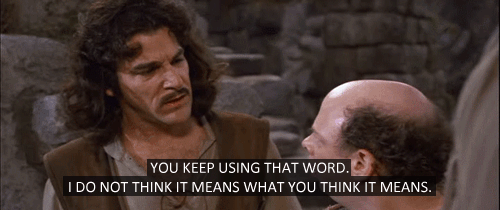
But the EU is NOT …
- The European Economic Area (EEA)
The EEA can seem confusingly similar to the EU. It has all the same countries in it and is a single market, which means goods, services, capital and people can move around it freely. The difference is that it also has some non-EU countries in it: Iceland, Liechtenstein and Norway (and Switzerland is allowed to act like its part of the EEA even though it’s technically not) - and those countries don’t follow EU rules on fishing and farming.
The advantage of being in just the EEA is you get to do what you like with your fish (which Norway and Iceland have a lot of). The disadvantage is you have to adopt EU laws without getting any say on what they should be.
-
The eurozone
The eurozone is all the EU countries that use the euro, a currency that was created in 1999. Only 19 EU members, or about two-thirds of them, are in the eurozone. Technically, all EU members have promised to adopt the euro, apart from pre-Brexit UK and Denmark, which negotiated opt-outs. Whether the non-euro countries are going to be quite so keen on signing up after all the drama the currency caused during the 2008 financial crisis (see: Greece) remains to be seen.
-
The Schengen Area
The Schengen Area is an area which anyone can travel around without getting visas or having to show their passports. It includes all the EU countries apart from the UK and Ireland. (That doesn’t mean those countries are breaking the EU's free-movement rule. EU citizens can still go live and work in the UK* and Ireland to their heart’s content, they just gotta queue up and get their passport checked before they can get into the country). It also includes some non-EU countries: Iceland, Liechtenstein, Norway, Switzerland, the Azores, Madeira and the Canary Islands.
* Until Brexit, obvs.
-
NATO
This is a group of countries that have a military deal which says if one of them gets attacked the rest of the countries will come and help them fight the attacking country off. NATO includes America and a bunch of European countries, including some EU members. Leaving the EU doesn’t mean the UK leaves NATO.
-
The Council of Europe
This is a human rights organisation that almost all European countries are part of. Even if you haven’t heard of The Council of Europe, you’ve probably heard of its creation: the European Court of Human Rights. The Council of Europe aims to do things like protect democracy through monitoring elections, stop doping in sport competitions, and ensure people who are accused of a crime are given a fair trial and can’t be tortured. The UK will still be part of the Council of Europe after it leaves the EU.
-
Europe
That’s a continent, y’all. That means the UK can’t quit it, no matter how many referendums it has.
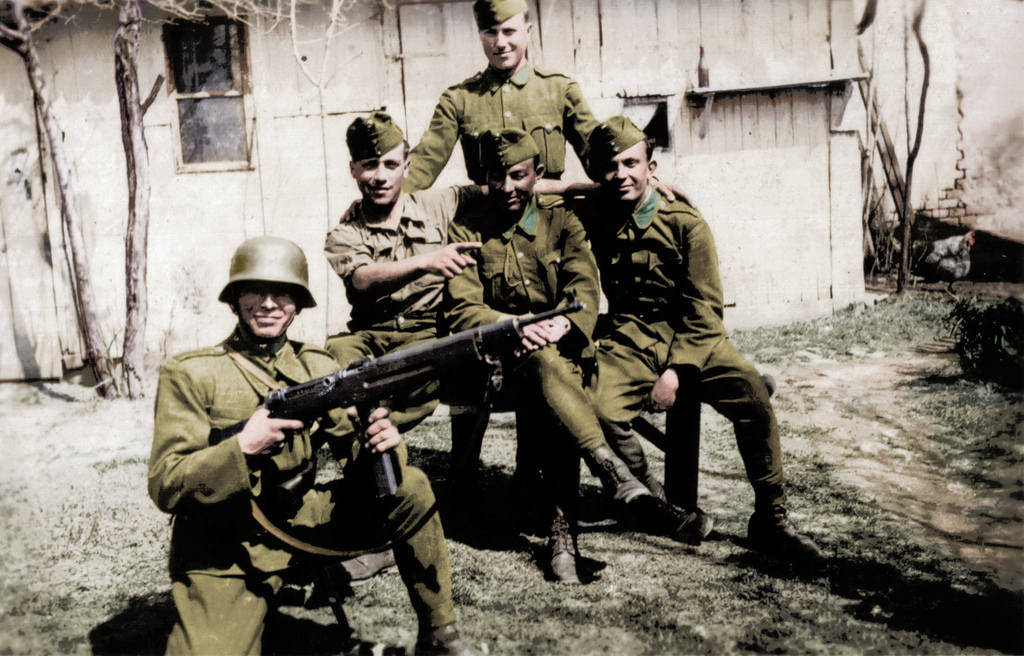
How did the EU come about?
You probably know that the first half of the twentieth century wasn’t Europe’s finest hour. It took just 21 years after the “war to end all wars” killed 19 million for World War II to roll around and kill another 60 million (3 percent of the global population at the time).
After the war ended in 1945, people shocked by the scale of the devastation tried to think of ways to stop it from ever happening again. A popular solution was that if Europe worked together more its countries would become so chummy that going to war with each other would become unthinkable. Top fan of this idea? Winston Churchill, who said he wanted a United States of Europe.
He didn’t get it. Instead, the Council of Europe (see above) was formed in 1949. Its priority was promoting human rights and democracy. But some countries thought it didn’t go far enough in bonding Europe together. So in 1952, Italy, France, Belgium, Luxembourg, the Netherlands and West Germany (the East bit was a separate, communist place at that point) set up The European Coal and Steel Community (ECSC).
It made a single market for, you guessed it, coal and steel. That meant the countries could trade these products without any limits, barriers, or extra costs (tariffs). Why coal and steel? Well, they’re good things to have lots of when you wage a war because they’re used for making weapons and army transport and stuff like that. So the thinking was that if European countries entwined their coal and steel industries in a way that would be difficult to break up, they’d think twice before waging war on each other. To quote Robert Schuman, the dude who came up with ECSC, it would “make war not only unthinkable but materially impossible.”
After a few years, ECSC countries felt that this barrier-free swapping of coal and steel was going so well that they should expand the single market to include pretty much everything. In 1958 all goods, services, workers and money were allowed to freely cross the borders of ECSC countries. (This agreement, FYI, was called the Treaty of Rome. Bet you can’t guess where they were when they signed it.)
The UK decided it was a fan, and joined the ECSC along with Ireland (and Denmark) in 1973. The ECSC got itself a parliament in 1979, and other countries starting asking if they could be club members too. In 1993, the ECSC had a bit of a rebrand during the Maastricht Treaty and became the EU.
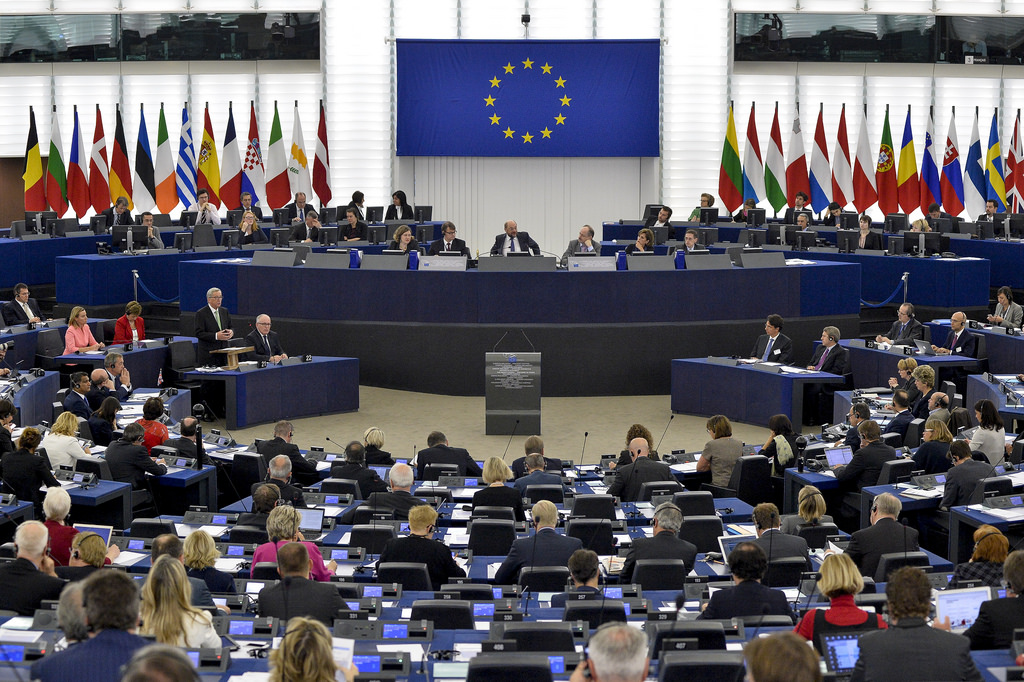
So, how is the EU actually run (and is it democratic)?
The EU is run by three different groups of people: the EU Council, the European Parliament and the European Commission.
-
EU Council
The Council is made up of all the heads of government from each EU country (so the British Prime Minister, the French President, the German Chancellor etc). These people, or at least the political party they are in charge of, are elected by the citizens of each country, making the EU Council pretty democratic.
It also has one Council President (and the President of the European Commission - see below - joins in its meetings too). The Council President is picked by the Council members and switched every six months.
The EU Council meets twice every six months and comes up with ideas for how the EU should be run and what it’s priorities should be. It doesn’t have any power to enforce these ideas though: that’s the job of the other groups.
-
European Commission
The European Commission is made up of one representative from each EU country, plus a Commission President (wannabe Presidents are nominated by the EU Council and confirmed or rejected by the European Parliament). The government of each EU country puts forward some candidates to be their representative on the European Commission, but the Commission President decides which one to accept. So far, so undemocratic.
The European Commission’s job is to come up with ideas for new laws and policies for the EU. It doesn’t get to actually make them official law though - that’s the European Parliament’s job. The Commission also makes sure that EU countries are following the rulebook for existing laws.
Lots of people are upset that a bunch of people nobody voted for get all this power, but the model is actually pretty similar to the British Civil Service, which is also a bunch of unelected people coming up with ideas for the government and figuring out how to go about applying policies once the government has okay’d them.
-
European Parliament
There are 751 Members of European Parliament (MEPs). Each EU country gets a number of MEPs proportional to their population. (The UK gets 73). MEPs are elected every five years by the citizens of EU countries, just like with British MPs. It votes on the laws proposed by the European Commission: majority wins.
EU countries can therefore be forced to adopt laws they didn’t vote for. Undemocratic? It depends on your POV. Some people say countries should have the right to say what goes on within their own borders and that big countries with lots of people (and therefore more MEPs) have an advantage over smaller ones.
Others point out it’s no different to if a political party you didn’t personally vote for wins a democratic election, becomes your country’s government and puts in new laws which you don’t personally agree with.
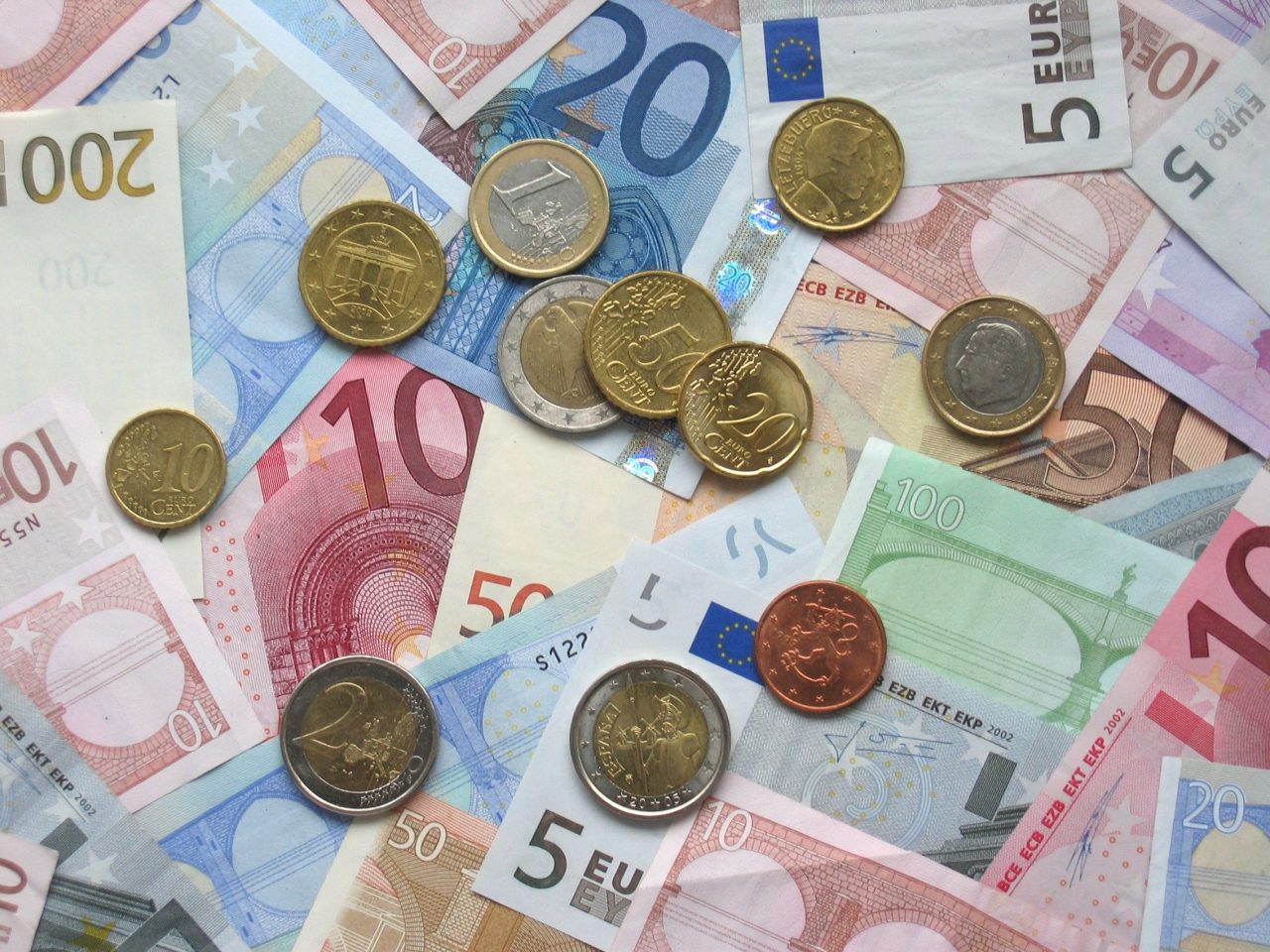
And there's other important bits of the EU:
- European Central Bank
The European Central Bank works like the central banks most individual countries have: it is in charge of monetary policy, which basically means controlling the money supply to make sure there’s financial stability and people don’t suddenly find themselves feeling really poor because prices have gone way up.
The bank is only for the eurozone countries, so the UK has never had anything to do with it.
-
European Court of Justice (ECJ)
Surprise, surprise, this is a court. The ECJ is there to make sure that anyone who breaks EU law changes course and/or gets punished for acting illegally. All the judges in the ECJ hold their job for six years at a time and are selected by the heads of governments from each EU country, who have to all agree before the judge is confirmed.
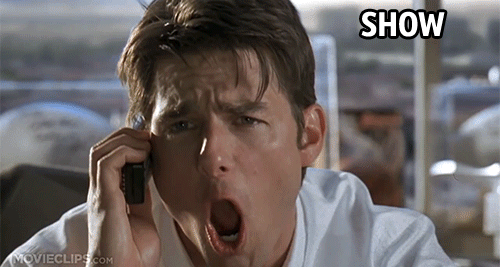
What does the EU spend its money on?
Each year, the EU spends about €145 billion. That’s actually not a lot by country standards - the UK government spends about €900 billion each year(that’s on average £13.5k per person!).
The EU gets its money from its member states, who pay different amounts depending roughly on how rich they are. Germany pays the most - more than a fifth of the total budget. The UK pays the third most (13 percent of the total). Countries like Ireland and Greece pay for just over 1 percent each.
Most of the EU’s budget (42 percent of it) is paid to farmers. The idea is that by helping them be more productive (i.e. producing more food with less cost and/or effort) they can make sure all EU citizens have affordable food. But lots of people are mad that so much money goes to so few people. Only 4 percent of EU citizens are employed in farming, whereas about a quarter work in the retail, transport, accomodation and food industries.
And some people say this EU money makes it profitable for farmers to produce mountains of food that no-one eats, which has been criticised as being bad for the environment / cruel to animals / immoral in a world where people are starving.
The EU also spends a decent chunk of its money - more than a fifth - pepping up poorer regions in the EU, including Cornwall and bits of Wales. Another 10 percent is earmarked for innovation and research and funds scientists trying to figure out things like how to slow down aging or give everyone in the world access to clean water.
And the EU also pays for stuff like the Erasmus scheme, where students get to spend some of their study time abroad.
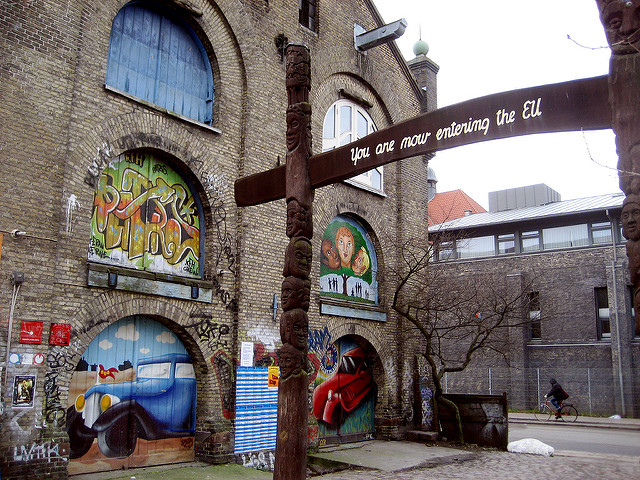
What are “the four freedoms”? Are they different from the single market?
The ‘four freedoms’ refers to fact that goods, services, capital (money) and people can cross EU member borders without any restrictions. The single market is just the area within which the ‘four freedoms’ can move (i.e. the EU). So the two terms can be used interchangeably. This idea of free movement is super important to the EU - it’s basically its main thing.
The logic behind it is a belief that the more easily people and things can cross borders, the better off everyone will be. People who are fans of single markets say that being able to sell stuff to other EU countries without paying taxes means businesses can make more profit and buyers get cheaper stuff. Or that being able to get workers from lots of different countries means a larger talent pool and mixing of different cultures. Or that sending money across borders without fees means people working in one country can better support family in another. Or that free movement means people have access to more work and can experience life in different places and different cultures. And so on.
But not everybody is a fan of all (or any) of the four freedoms. A big bugbear is freedom of movement, which many people, including many Brexiteers, think causes too many people from low-wage countries to relocate to higher-wage ones. Common complaints are that these immigrants then dilute local culture, put too much pressure on services like hospitals and schools and stop locals getting jobs. (However, there’s little evidence to support these claims. Plus, most EU migrants work, and therefore pay taxes which help improve local services.)
And when it comes to freedom of trade in goods and services, some people say it causes local industries to shut down (taking jobs with them) because they can’t compete with a neighbouring country that can produce the same stuff cheaper and/or better.
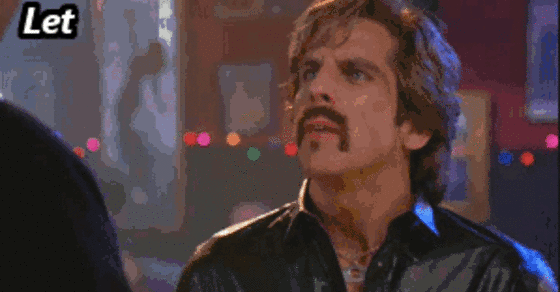
So that’s our quick(ish) guide to the EU! We hope you liked it :) Before you go, we’d love to know if this piece helped you out:
-
Did you learn anything new? And did any of the info here surprise you?
-
Did reading this make you feel more confident about starting conversations about the EU and/or Brexit?
-
Is there anything you think we missed out and you’d like to know more about?
Let us know on Twitter @EconomyAsks



